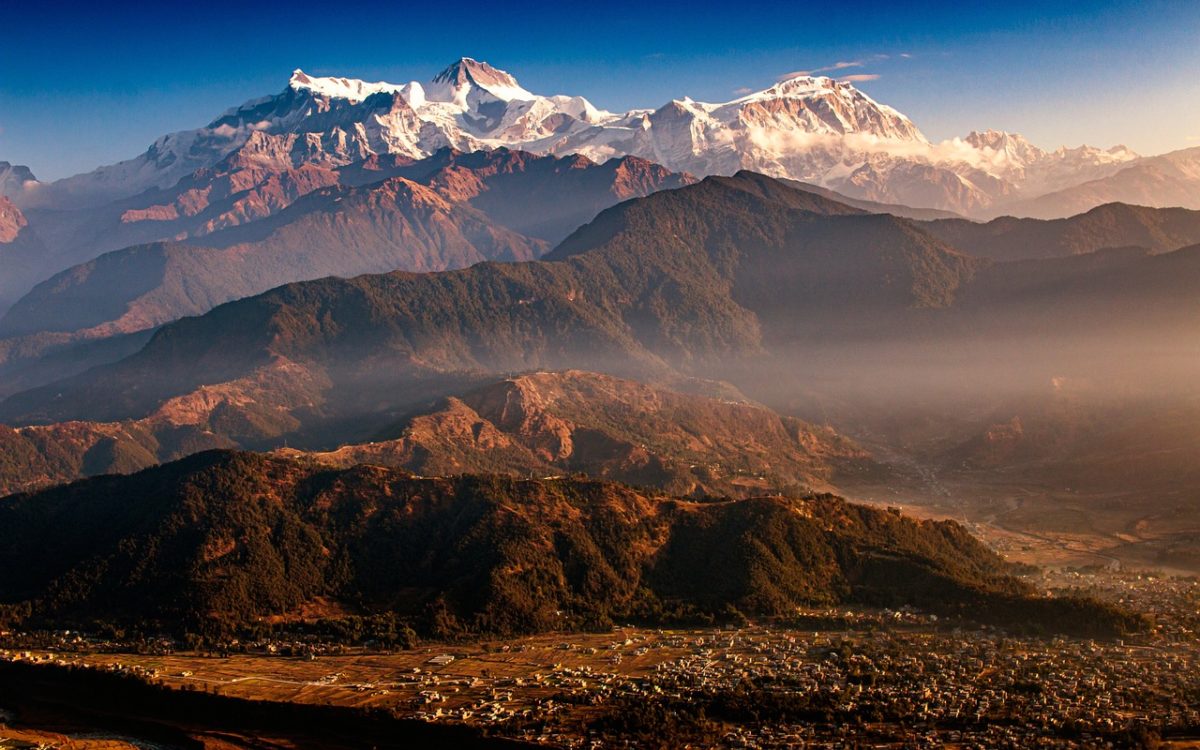Lately, the remarkable strides in medical science have undeniably enhanced the quality and expectancy of human life. This triumph, however, has ushered in an unintended consequence in the political arena, leading to the emergence of a gerontocracy—a governance system where the elderly hold significant power and influence. This phenomenon raises pertinent questions about the interplay between health, age, and political stagnation, and how these factors shape governance in various nations across the globe.
The term ‘gerontocracy’ originates from the Greek words ‘geron’ meaning old man and ‘kratos’ meaning power. It aptly describes a situation where leadership is predominantly in the hands of an older generation, often resulting in a resistance to change and innovation. This is particularly poignant in today’s fast-paced world, where adaptability and technological savvy are paramount.
Continue reading “Navigating the Era of Gerontocracy: Health, Age, and Political Stagnation”

